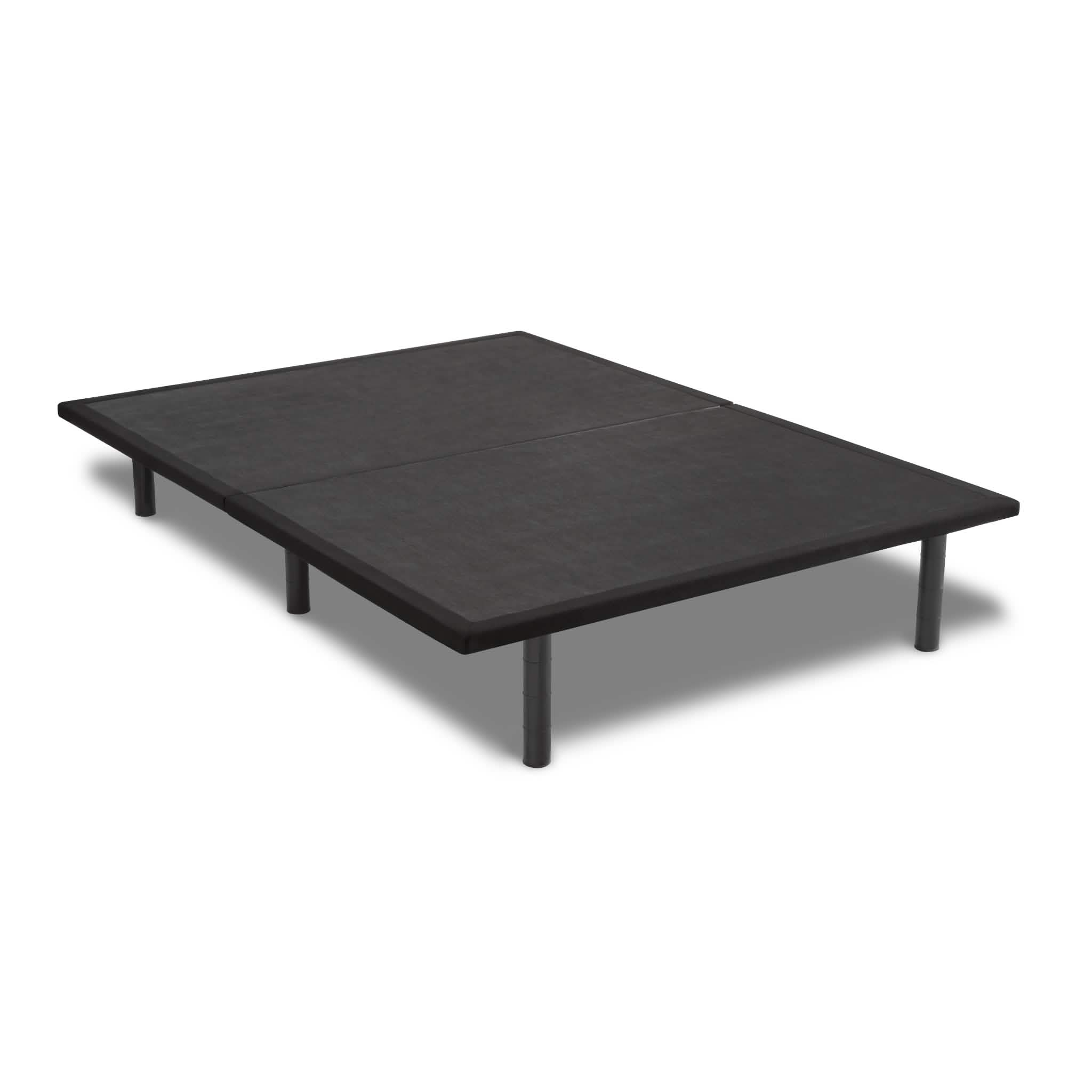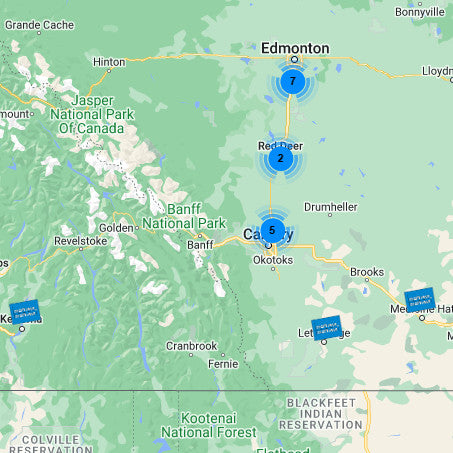20 Tips to a better Night's Sleep
Next to air, food, and water, nothing is more essential to life than sleep.
The Better Sleep Council surveyed couples about sleep problems and found that bedroom temperature was the top cause of nighttime sleep disruptions, followed closely by tossing and turning.
These interruptions can impact your deep NREM sleep (which repairs tissues, builds muscle and bone, and boosts your immune system) as well as REM sleep (which refreshes your mind and mood). Remember Sleeping Beauty? She slept for a hundred years—and woke up looking great! That’s a lot of NREM sleep. In short, if your sleep is often interrupted, you’re unlikely to wake up feeling fully rested, restored, and rejuvenated.
Based on today’s sleep science, here are 20 practical tips to help you enjoy deeper, healthier, and more refreshing sleep:
1. Sleep on a quality mattress
Your mattress should conform to your body, provide proper spinal
alignment, take pressure off joints thereby relieving pain issues, reduce sleep interruptions from motion transfer, have temperature-neutral or cooling comfort layers or come with phase change infused materials. Most importantly, it should feel comfortable to you.
2. Keep your bedroom cool
The optimal temperature for sleep is around 18–22°C (65–72°F).
Temperatures above or below this range can cause tossing and turning that disrupt your sleep cycles.
3. Warm your feet
A cool room helps you sleep, but cold feet do not. Warm socks or a hot water bottle at the foot of your bed can help improve circulation and prevent restless nights.
4. Minimize motion from your partner
If possible, sleep alone. If not, choose a mattress with excellent
motion isolation and enough space for both of you to move freely. When it comes to mattresses, bigger really is better.
5. Use the right pillow
Your pillow should keep your neck in neutral alignment. The wrong pillow can cause headaches, shoulder pain, arm tingling, or even nerve compression. A proper pillow supports healthy, pain-free sleep.
6. Avoid sleeping with pets
In a Mayo Clinic study, 53% of people who shared their bed with pets reported sleep disturbances. Give your furry friend their own bed and they’ll rest better too.
7. Rethink your alarm clock
Being jolted awake during REM or NREM sleep can leave you groggy. Smart alarm apps like Sleep Cycle wake you gently during lighter sleep phases, helping you start the day feeling rested.
8. Sleep in total darkness
Light blocks melatonin, the hormone that helps you fall and stay asleep. Turn off TVs, close curtains, cover bright alarm clocks, and keep your room dark, even when you get up at night.
9. Cut caffeine after noon
Caffeine can stay in your system for up to 11 hours. Stopping at lunchtime helps ensure it doesn’t keep you up at night.
10. Limit alcohol before bed
While alcohol can make you feel sleepy, it often disrupts deep sleep and can cause you to wake up in the night. Avoid drinking within three hours of bedtime.
11. Watch late-night eating
Heavy meals can disrupt digestion and sleep. If you’re hungry, choose light, high-protein snacks like yogurt, bananas, turkey, granola, or chamomile tea, or a peanut butter sandwich, which can boost melatonin and serotonin naturally.
12. Take an evening stroll
Gentle activity, like a 30-minute walk after dinner, helps your body
produce serotonin, promoting deeper sleep later.
13. Enjoy a warm bath or shower
Raising your body temperature and then letting it cool signals your body it’s time to rest. A bath or shower also removes allergens or pathogens picked up during the day.
14. Read before bed
A calming routine, like reading a paper book, helps your mind wind down and prepares you for restful sleep.
15. Choose comfortable sleepwear
Loose, breathable pajamas support natural temperature regulation and comfort throughout the night.
16. Prioritize enough sleep
Too little sleep can affect everything from your immune system and memory to mood, metabolism, and heart health. Over time, chronic sleep deprivation increases risks of depression, diabetes, and weight gain.
Here are the National Sleep Foundation’s most recent
recommendations:
- Newborns (0–3 months): 14–17 hours
- Infants (4–11 months): 12–15 hours
- Toddlers (1–2 years): 11–14 hours
- Preschoolers (3–5 years): 10–13 hours
- School-aged (6–13 years): 9–11 hours
- Teenagers (14–17 years): 8–10 hours
- Adults (18–64 years): 7–9 hours
- Older adults (65+): 7–8 hours
If you wake up still tired, you may not be getting enough restorative
sleep.
17. Sleep before 11 pm if you can
Your adrenal glands recharge most effectively between 11 pm and 1 am.
18. Forget counting sheep
Instead, visualize relaxing scenes like a beach or garden. British
research found this helps people fall asleep about 20 minutes faster.
19. Let sunlight in when you wake
Natural light stops melatonin production, helping you feel alert and refreshed.
20. Keep naps short
A 10–26-minute nap can recharge your mind and body. Longer naps may make it harder to sleep at night.
Still tired?
If you’ve tried most of these tips and still wake up feeling unrested,
talk to your doctor. You could have an underlying condition or sleep disorder affecting your rest.
A Better Sleep ... A Smarter Kid: Tips for Parents
A good night's rest is essential for your child's development, learning, and mood. By creating a routine and a sleep-friendly environment, you can help them achieve the quality sleep they need to thrive.
Establish a Consistent Routine
Our bodies, especially children's, crave routine. Going to bed and
waking up around the same time every day, including on weekends, helps to regulate their internal sleep clock.
- Wind-Down Time: An hour before bed, transition from active to calming activities like reading a book, taking a warm bath, or listening to quiet music.
- The Screen Ban: Eliminate all screens (phones, tablets, TVs) for at least one hour before bedtime. The blue light from these devices can interfere with melatonin production, the hormone that signals sleep, making it harder to fall asleep.
- A Nightly Shower or Bath: A shower/bath routine is a great way to unwind. Raising your body temperature and then letting it cool signals your body it’s time to rest. It also removes allergens and pathogens picked up during the day.
Optimize Their Sleep Space
A comfortable and peaceful bedroom is crucial for uninterrupted sleep.
- Keep it Comfortable: The ideal sleep temperature is between 18–22°C (65–72°F). A cool room helps the body initiate its natural sleep cycle.
- Lights Out: Ensure the room is as dark as possible to promote melatonin production. Use blackout curtains to block external light. Provide a small nightlight if your child is afraid of the dark.
- A Quality Mattress: A supportive and comfortable mattress is the foundation of good sleep. Make sure your child's mattress and pillows are in good condition and provide the proper support for their growing body.
Smart Habits for All-Day Sleep Support
Sleep hygiene isn't just a nighttime activity; it's a daily practice.
- Fuel Wisely: Avoid giving your child large meals or caffeine-laden products like soda and chocolate in the hours before bedtime. Limit snacks and avoid ones with too much sugar, as these can disrupt sleep.
- Active Days: Regular physical activity during the day helps promote better sleep at night. However, avoid strenuous exercise right before bed.
- When to Seek Help: If sleep issues persist despite a consistent routine, it might be time to speak with a healthcare professional to rule out any underlying conditions.






